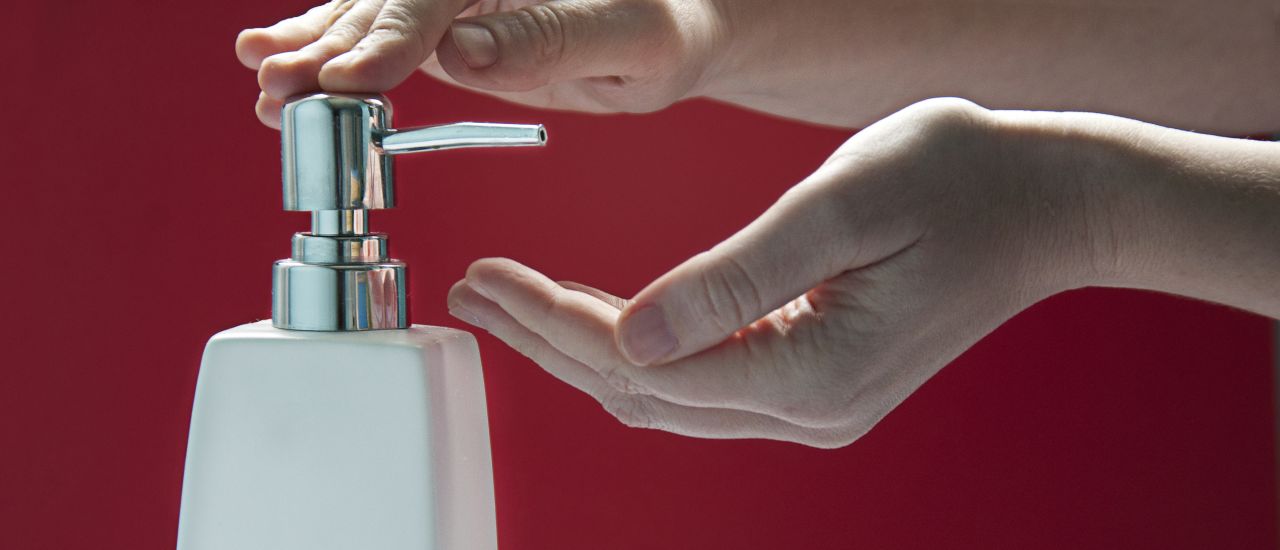You are not alone if you’re troubled by areas of darkly pigmented skin! Many people are… with scars left behind from acne, or just the effects of ageing or sun exposure over the years.
While you may be tempted to buy the first over-the-counter or on-line skin lightening product you can lay your hands on, don’t! With skin lightening, it’s critical to let a Dermatologist (skin specialist) take a look.
What determines skin colour?
Melanin is produced within the skin by cells called melanocytes.
What conditions do dermatologists prescribe skin lighteners for?
- Melasma: the dark discolouration of skin/patches of skin from sun exposure or hormone changes (i.e. during pregnancy, or as a side effect of oral contraceptive pills)
- Post-inflammatory pigmentation: when there has been injury,or severe inflammation of skin (i.e. acne)
- Scars, age-related skin spots, birthmarks: to make them less noticeable.
How do skin lighteners work?
- Skin lighteners reduce the pigment in skin, melanin.
- When applied to areas of skin that are darker than others, they disturb melanin production. This results in the skin lightening, making the hyper-pigmented area look more like the other areas of the skin.
- They do not contain bleach.
- Some products may also include exfoliants, that may result in mild peeling.
What are some of the risks of using skin lighteners?
- Redness
- Intense skin irritation/allergic reaction
- Long term use can increase the risk of skin cancer from sun exposure
- Permanent skin bleaching
- Exposure to mercury (as many as 1 in 4 unregulated products may contain mercury)
- Prolonged use can contribute to premature ageing of skin
- Exogenous ochronosis: darkening of the skin which can be permanent and very difficult to treat
- “Bleach panda effect”: where the skin around the eyes becomes thin with increased pigmentation
- Uneven colour loss resulting in a blotchy appearance
- Steroids in some products can increase the risk of skin thinning, skin infection, acne, poor wound healing, systemic absorption if large areas of skin are treated
- Overuse can cause pigmentation to build up in the extremities(toes, fingers, ears)creating a darker or mismatched appearance
What precautions should be taken when using skin lighteners?
- Always consult a skin specialist.
- Always follow the instructions regarding use, exactly.
- Check that the product does not contain any mercury.
- If the product contains hydroquinone, check that it contains no more than 2%, unless specifically prescribed at a different dose by a Dermatologist for a specific reason.
- If a product contains hydroquinone, the content must be accurately labelled.
- Remember to use sun screen.
Joanne Hart for HelloDoctor.com

